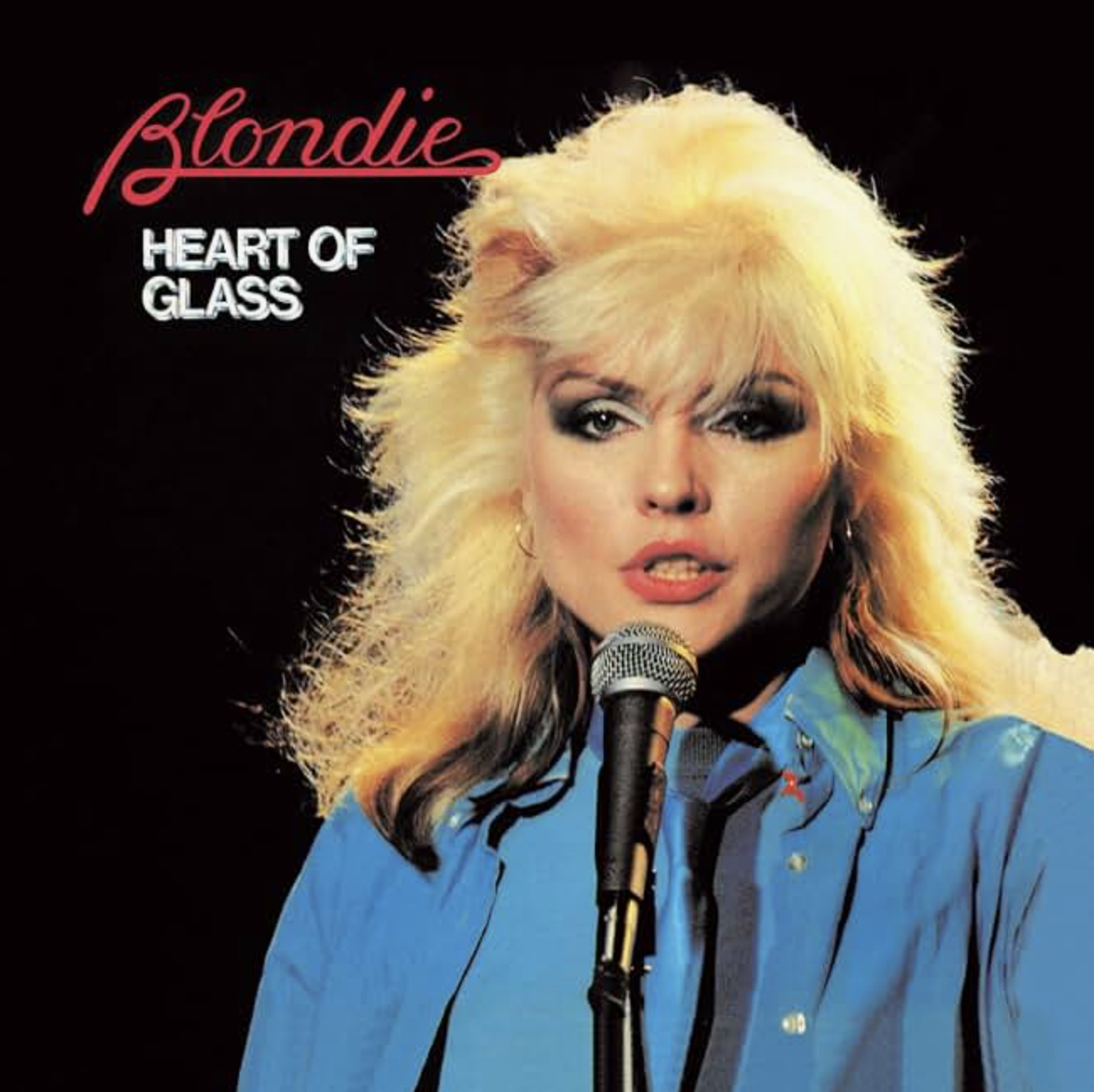
About the Song
The late 1970s was a period of seismic shifts in popular music. Punk rock’s raw energy was giving way to the more polished sounds of New Wave, and amidst this exciting transition emerged Blondie, a band fronted by the undeniably iconic Debbie Harry. While they had already established a presence in the New York punk scene, it was the 1978 release of their album Parallel Lines and, more specifically, the single Heart Of Glass that catapulted them to international superstardom. But Heart Of Glass was more than just a hit song; it was a cultural phenomenon, a masterful blend of seemingly disparate genres that continues to resonate with listeners today.
Heart Of Glass wasn’t an overnight creation. Its genesis can be traced back to early demos recorded in the mid-1970s, where it existed as a slower, reggae-infused track. This early incarnation, often referred to as “Once I Had a Love,” bore little resemblance to the disco-tinged masterpiece it would eventually become. It was producer Mike Chapman, known for his work with bubblegum pop and glam rock artists, who encouraged the band to embrace a more dance-oriented direction. This proved to be a stroke of genius.
The final version of Heart Of Glass is a brilliant fusion of new wave, disco, and pop sensibilities. The driving bassline, reminiscent of classic disco tracks, provides a solid foundation for the song, while the crisp, clean guitar work and the distinctive use of synthesizers give it a distinctly new wave edge. But what truly elevates Heart Of Glass is Debbie Harry’s captivating vocal performance. Her cool, detached delivery perfectly complements the song’s somewhat melancholic lyrics, which explore the disillusionment and fragility of love.
The lyrics of Heart Of Glass delve into the complexities of romantic relationships, touching upon themes of vulnerability, betrayal, and the loss of innocence. The “heart of glass” metaphor speaks to the delicate nature of love, suggesting that it can be easily shattered by deceit or indifference. This emotional depth, combined with the infectious melody, is what gives the song its enduring appeal. It’s a song you can dance to, but it’s also a song that invites introspection.
The impact of Heart Of Glass on popular culture is undeniable. It topped charts around the world, solidifying Blondie’s status as a major force in music. The song’s innovative sound and stylish music video, which further cemented Debbie Harry’s status as a fashion icon, helped to define the aesthetic of the late 1970s and early 1980s. Even today, Heart Of Glass remains a staple on radio stations and in dance clubs, testament to its timeless quality. It’s a reminder of a pivotal moment in music history, when punk’s rebellious spirit met the shimmering allure of disco, creating something truly special. The song’s legacy is undeniable, a true testament to Blondie’s innovative approach to music.